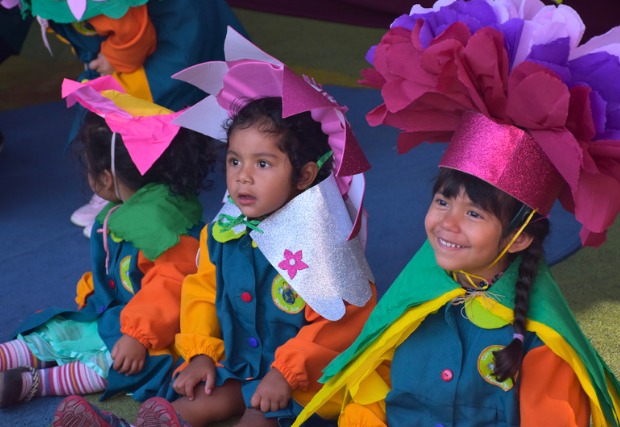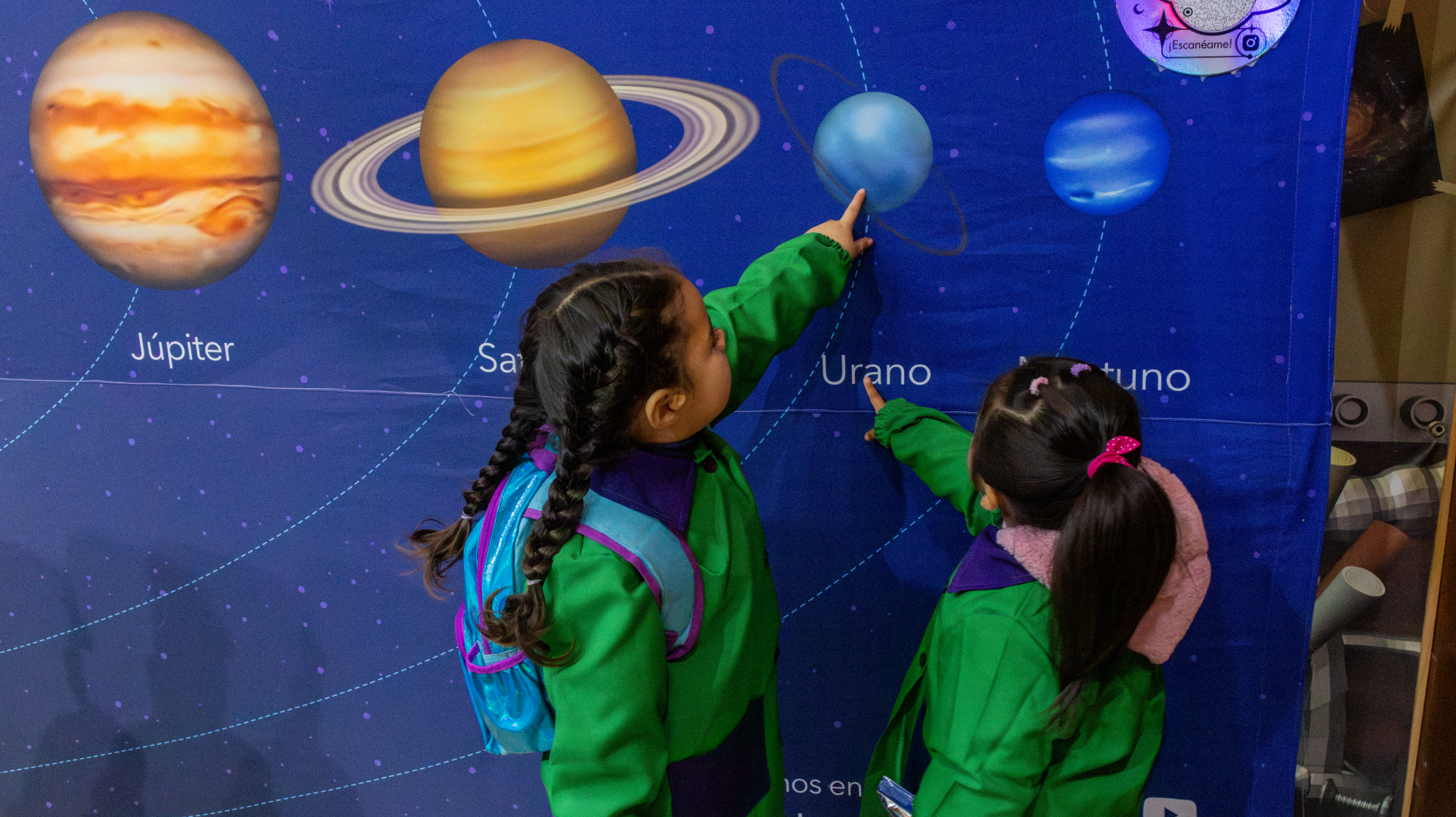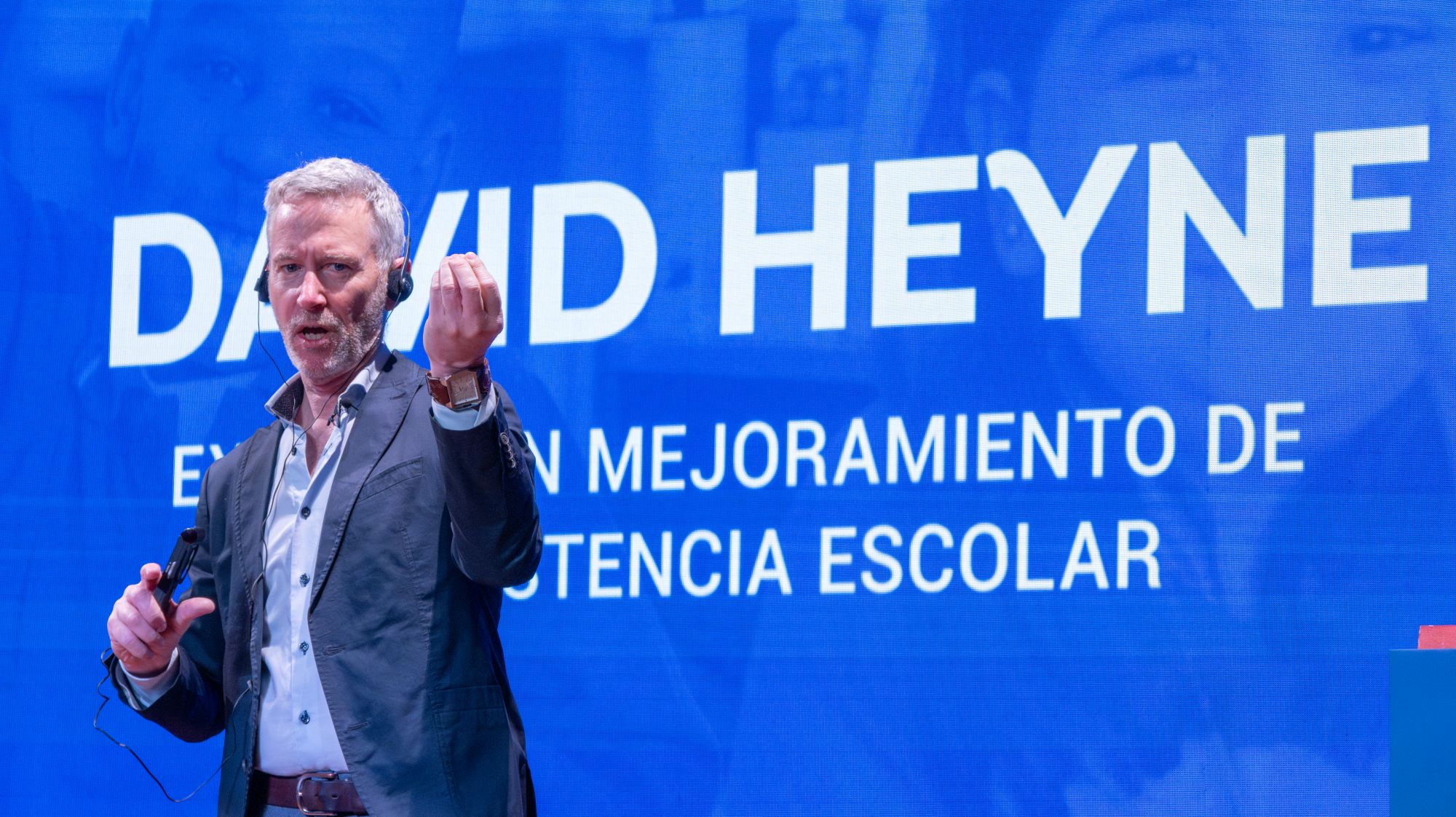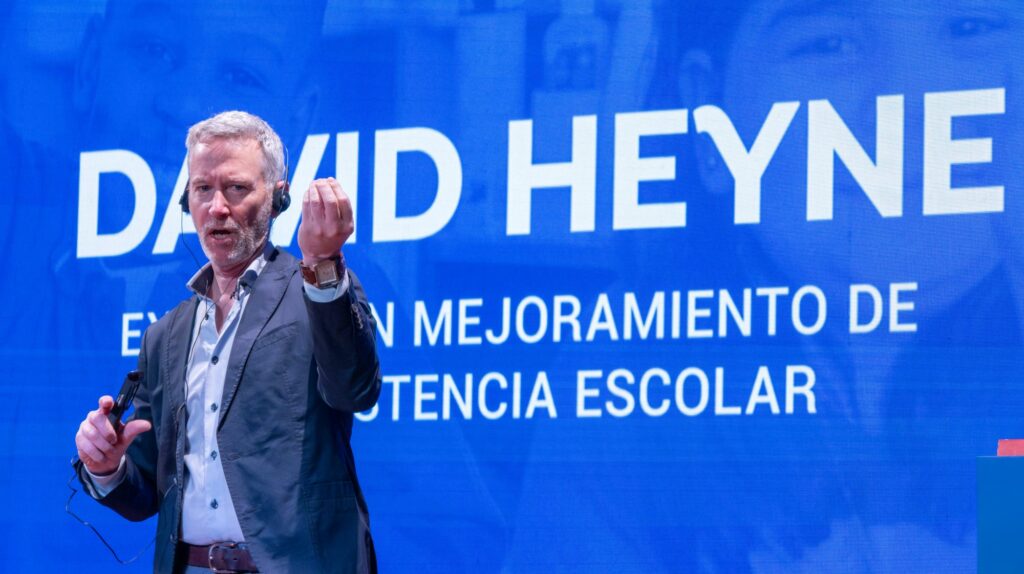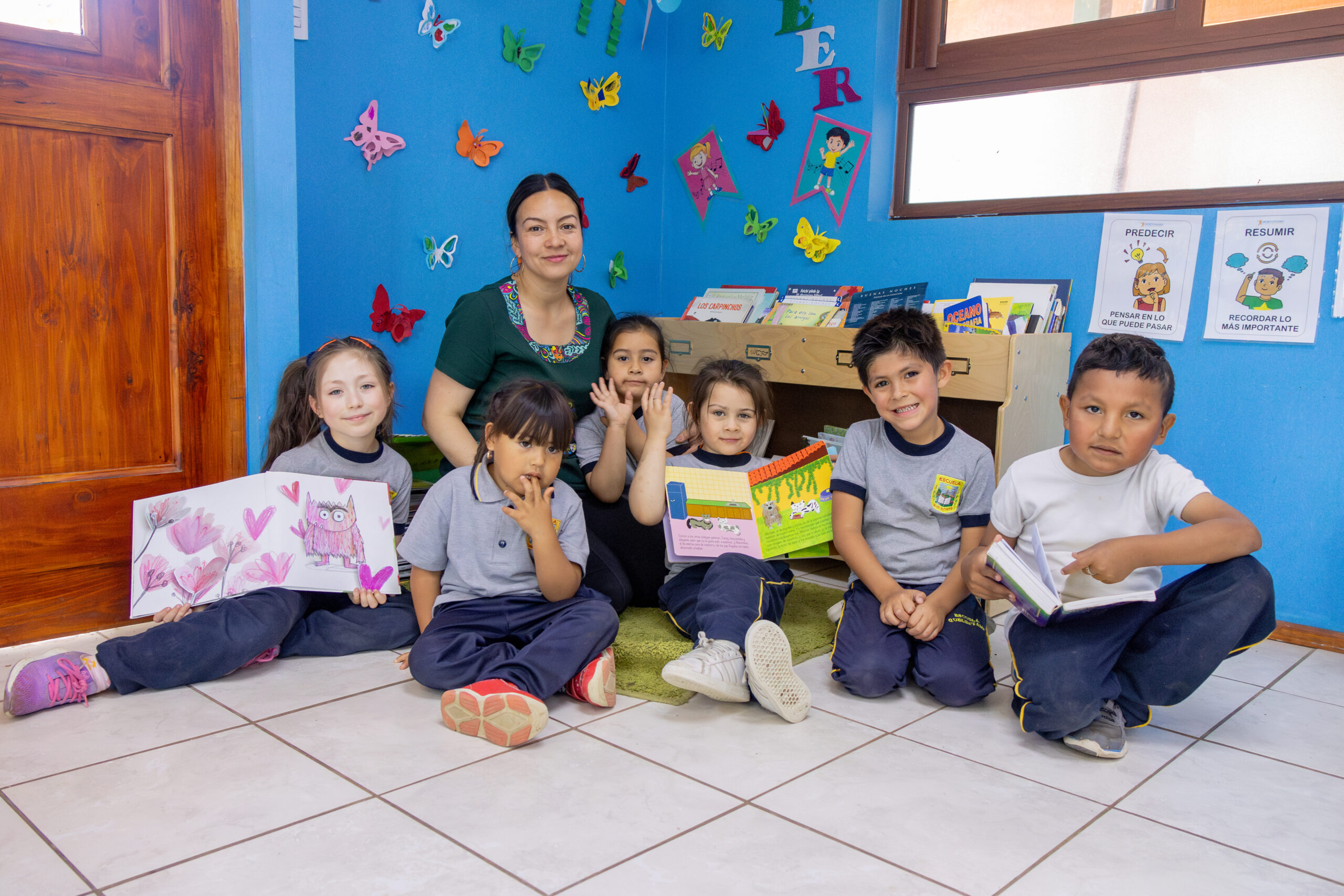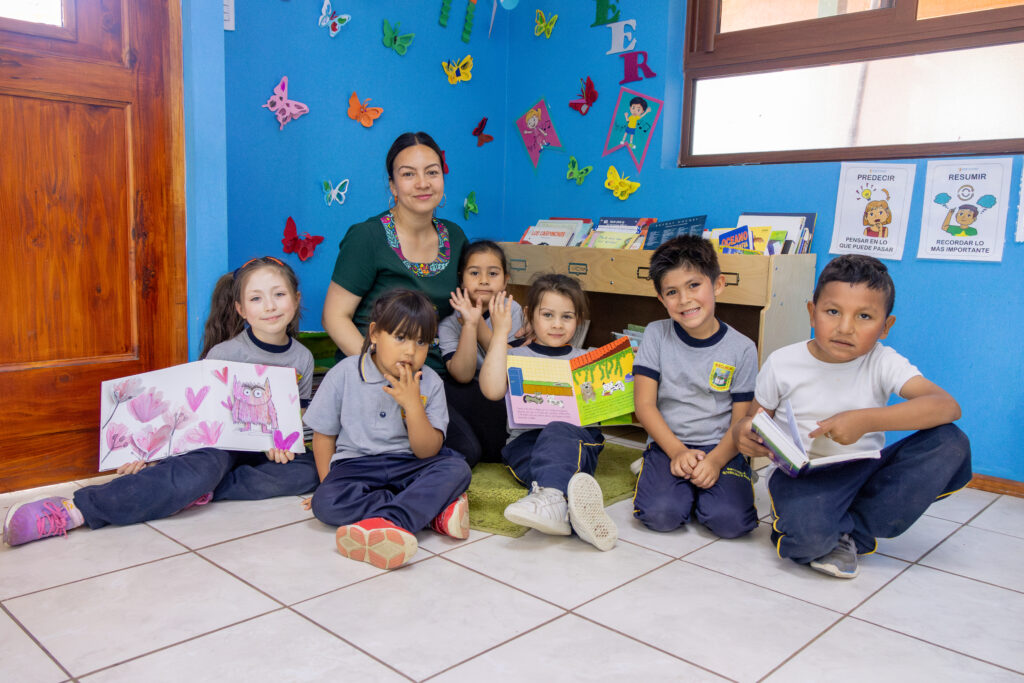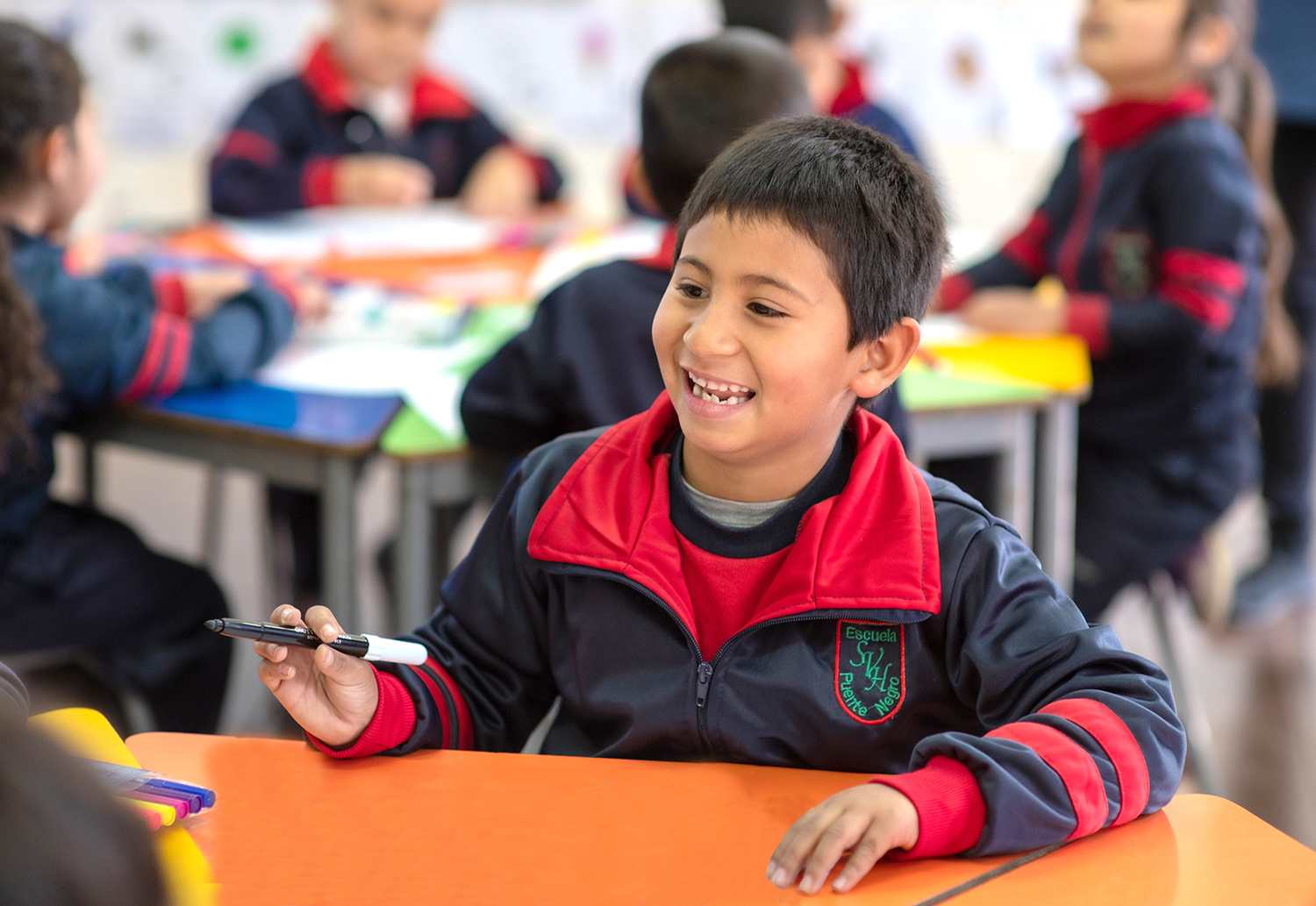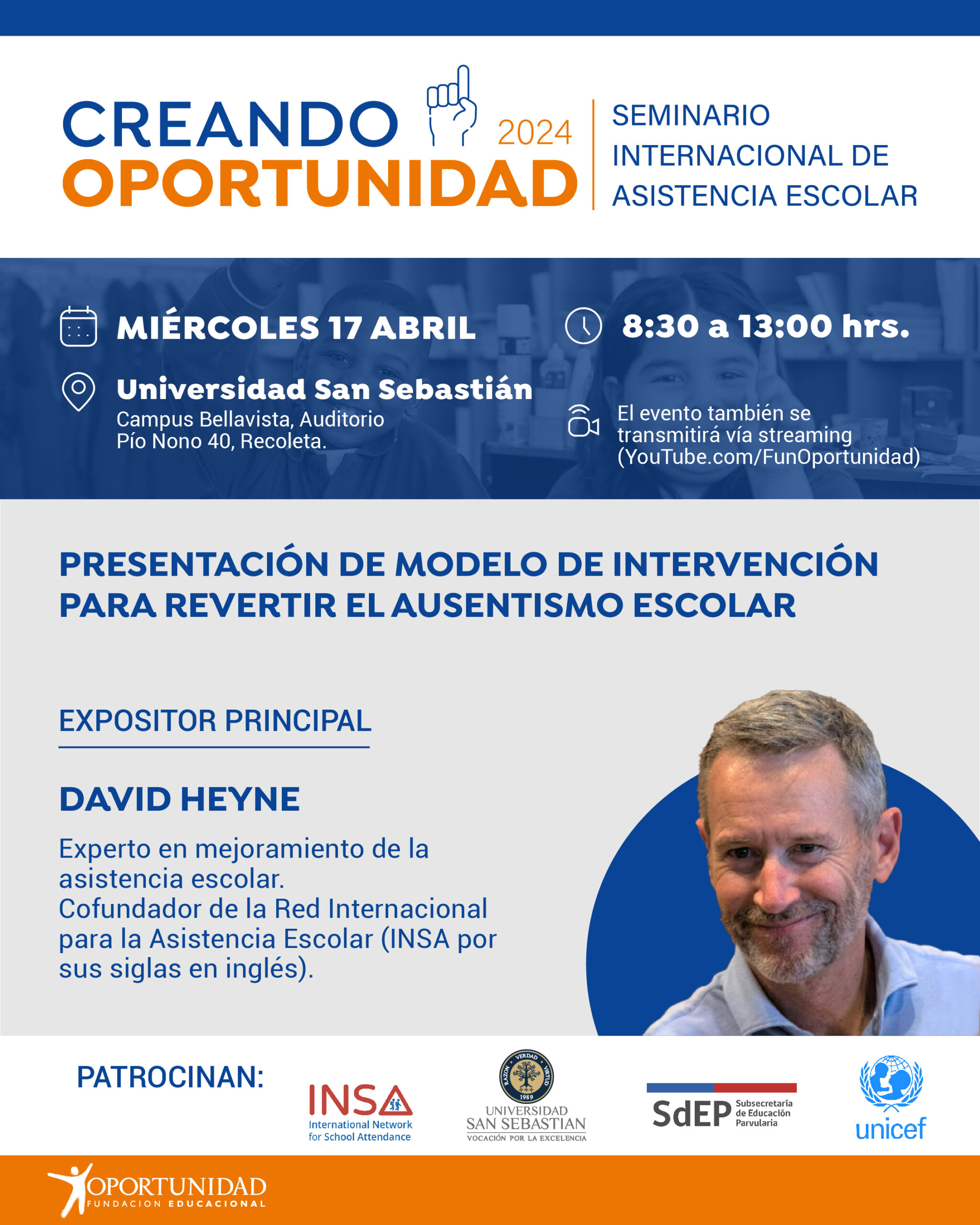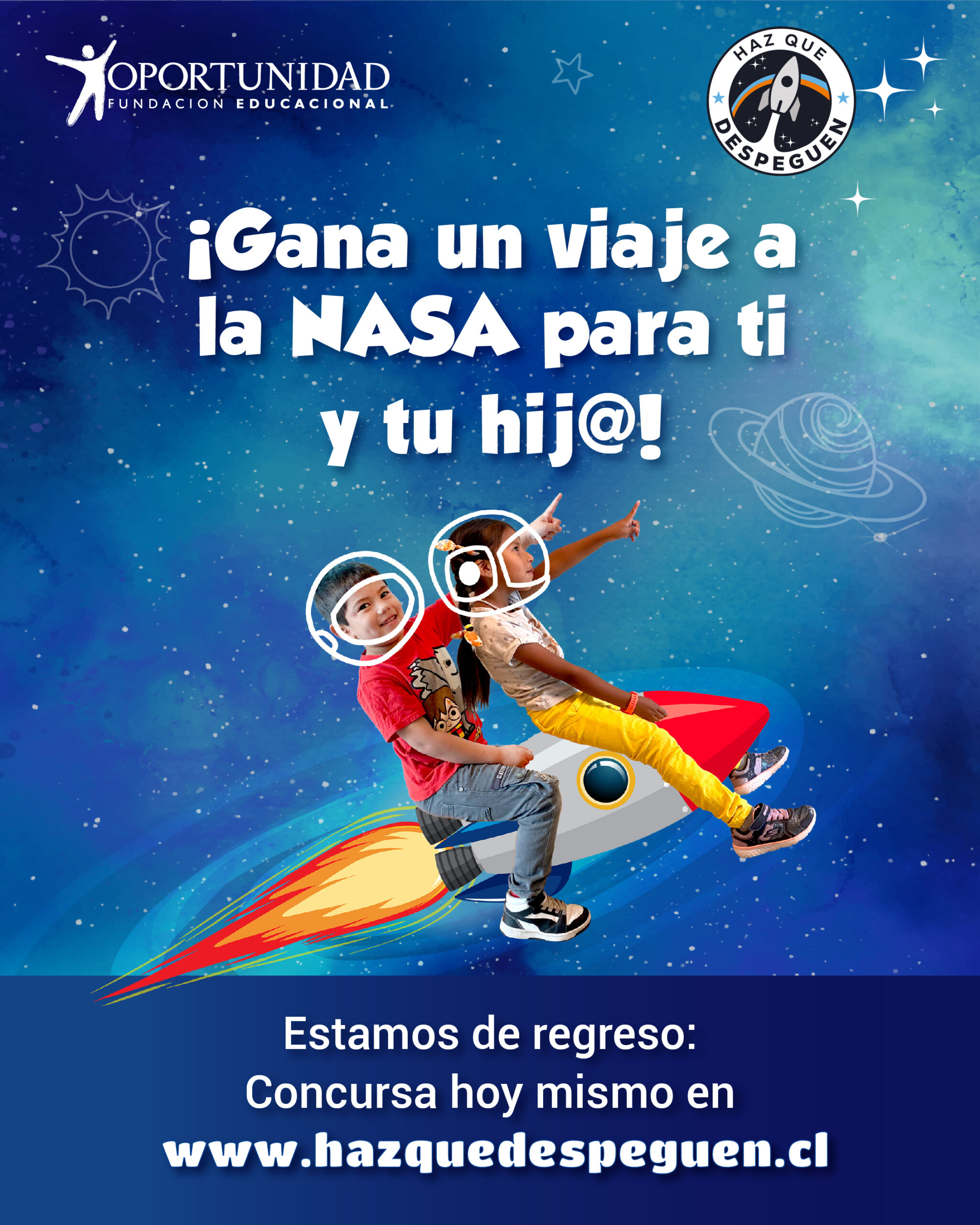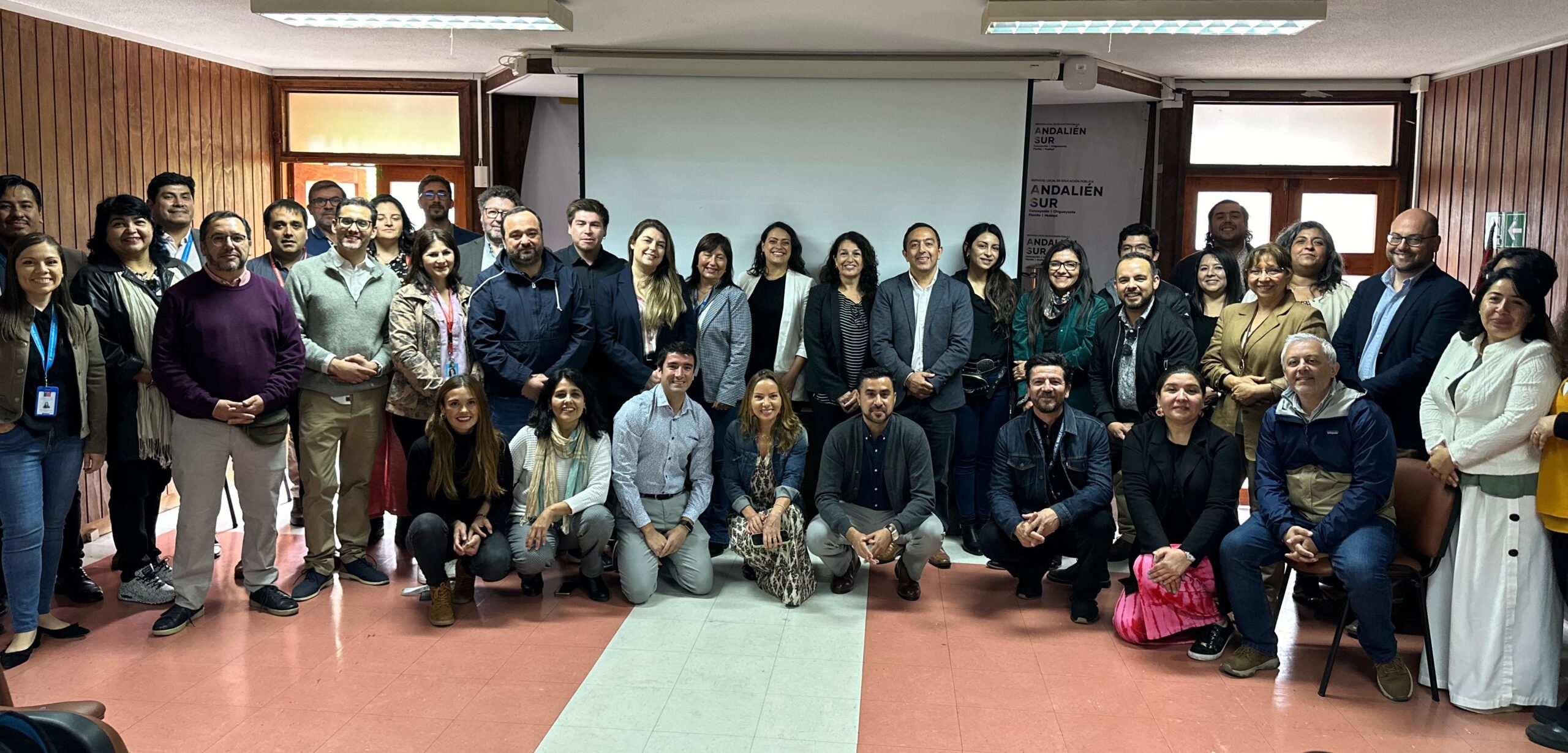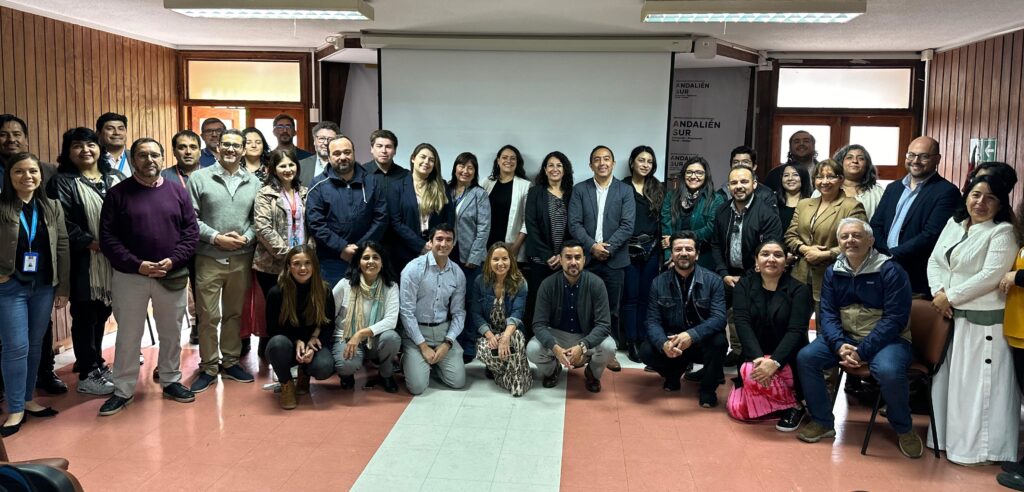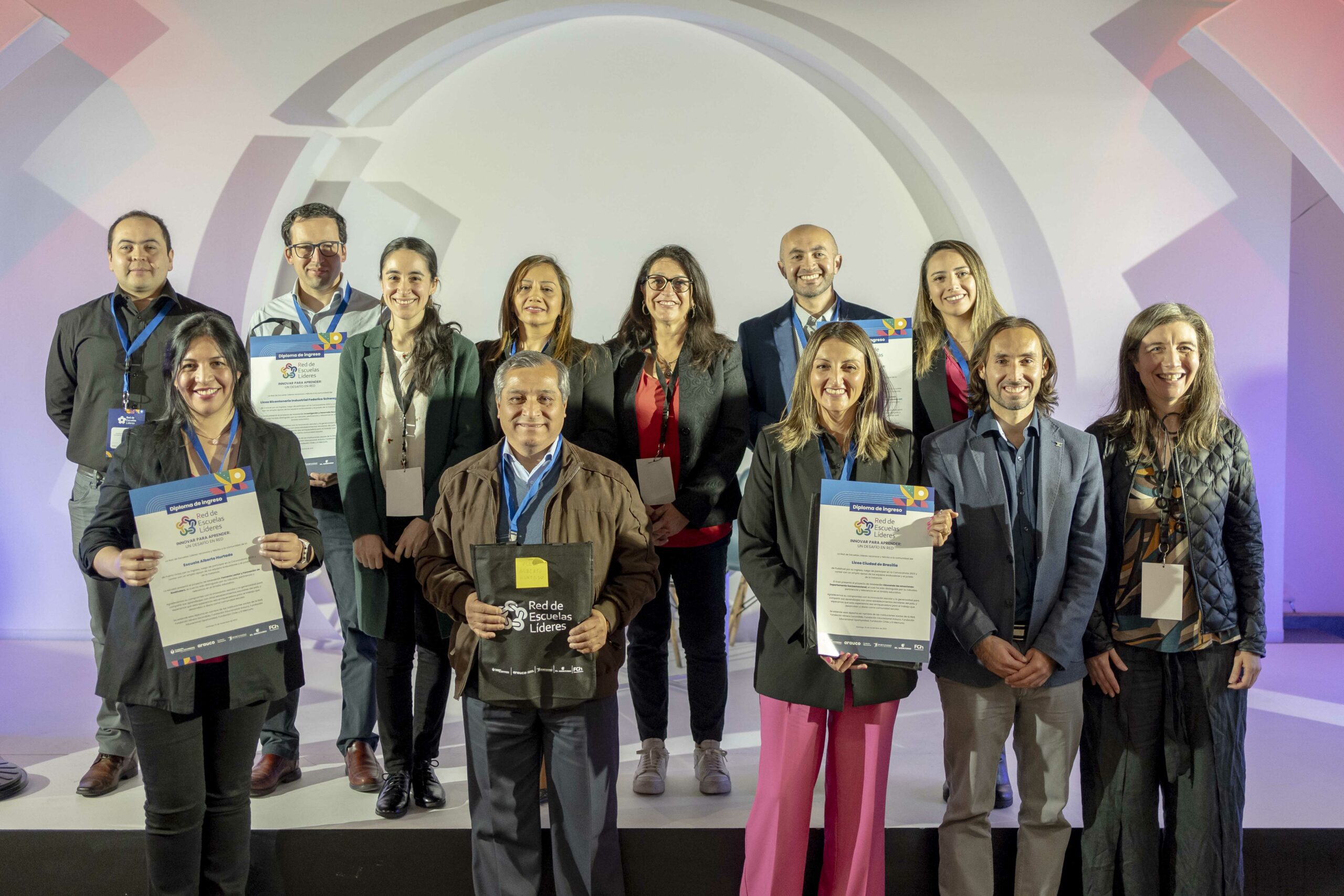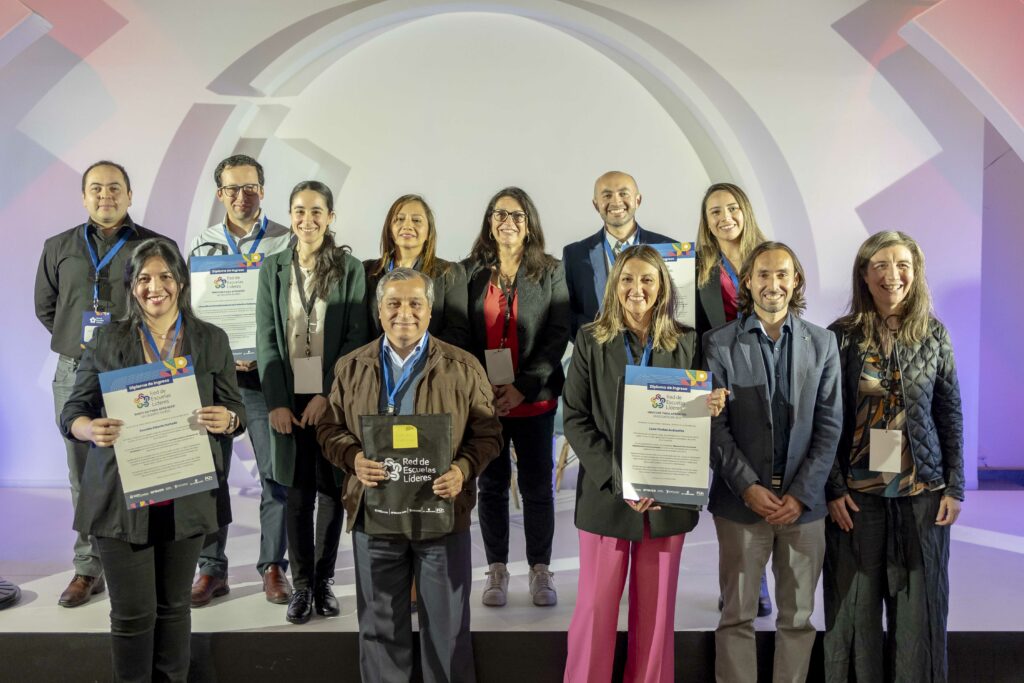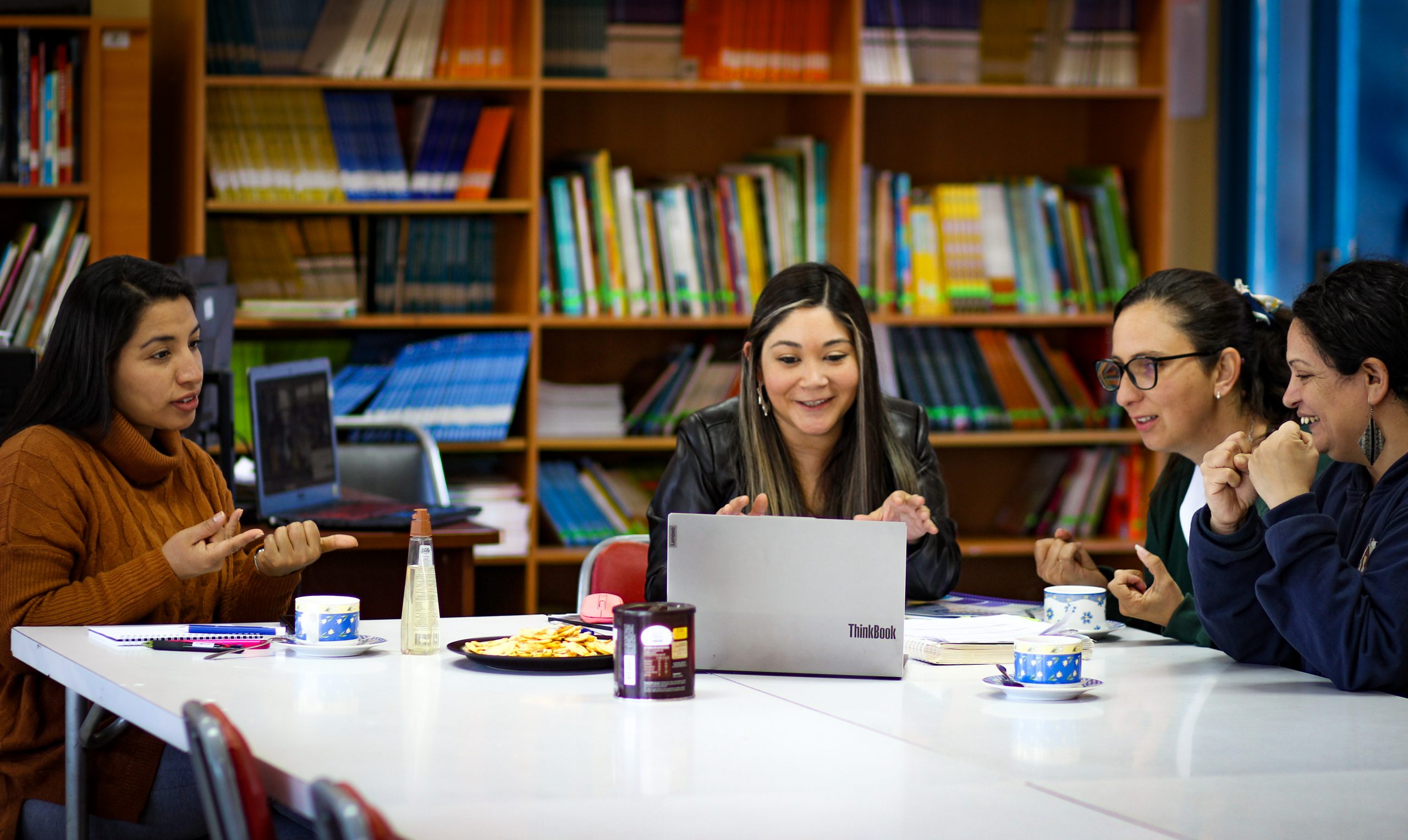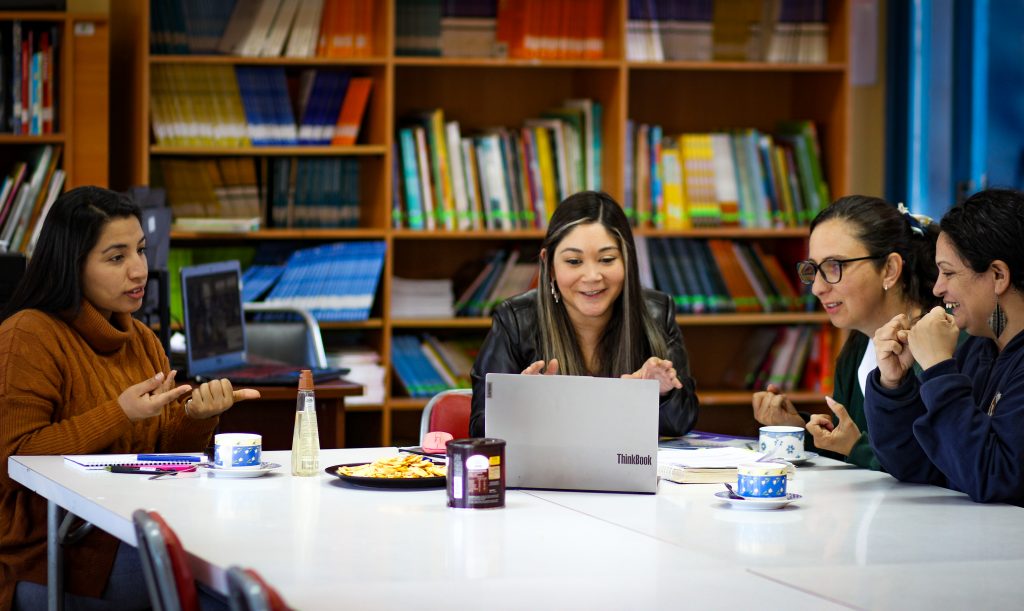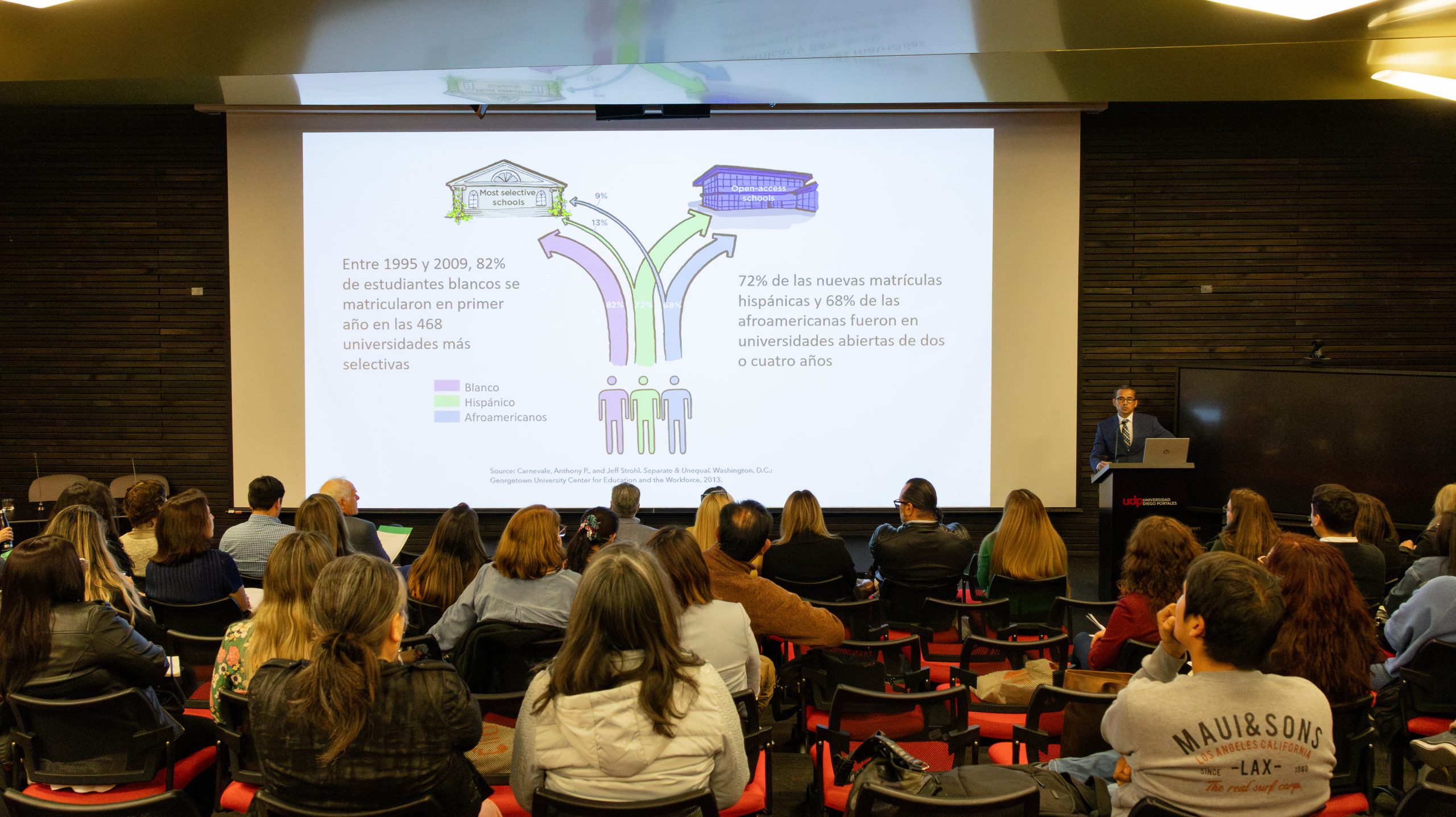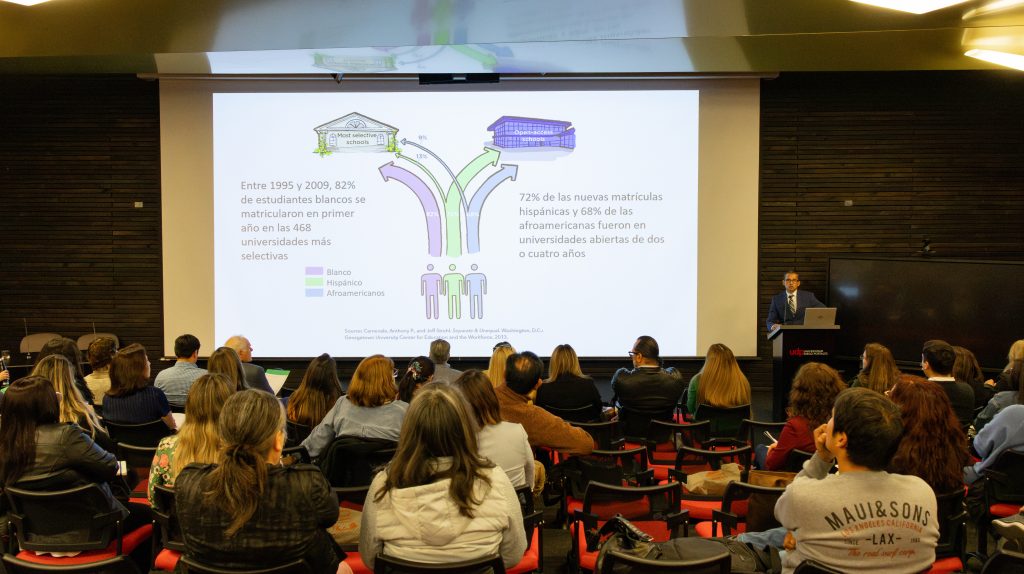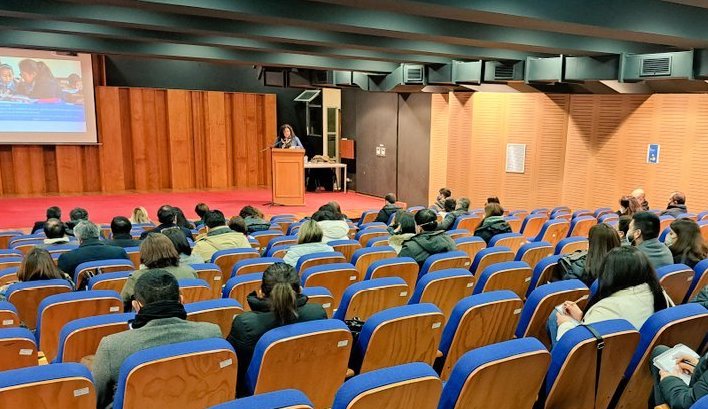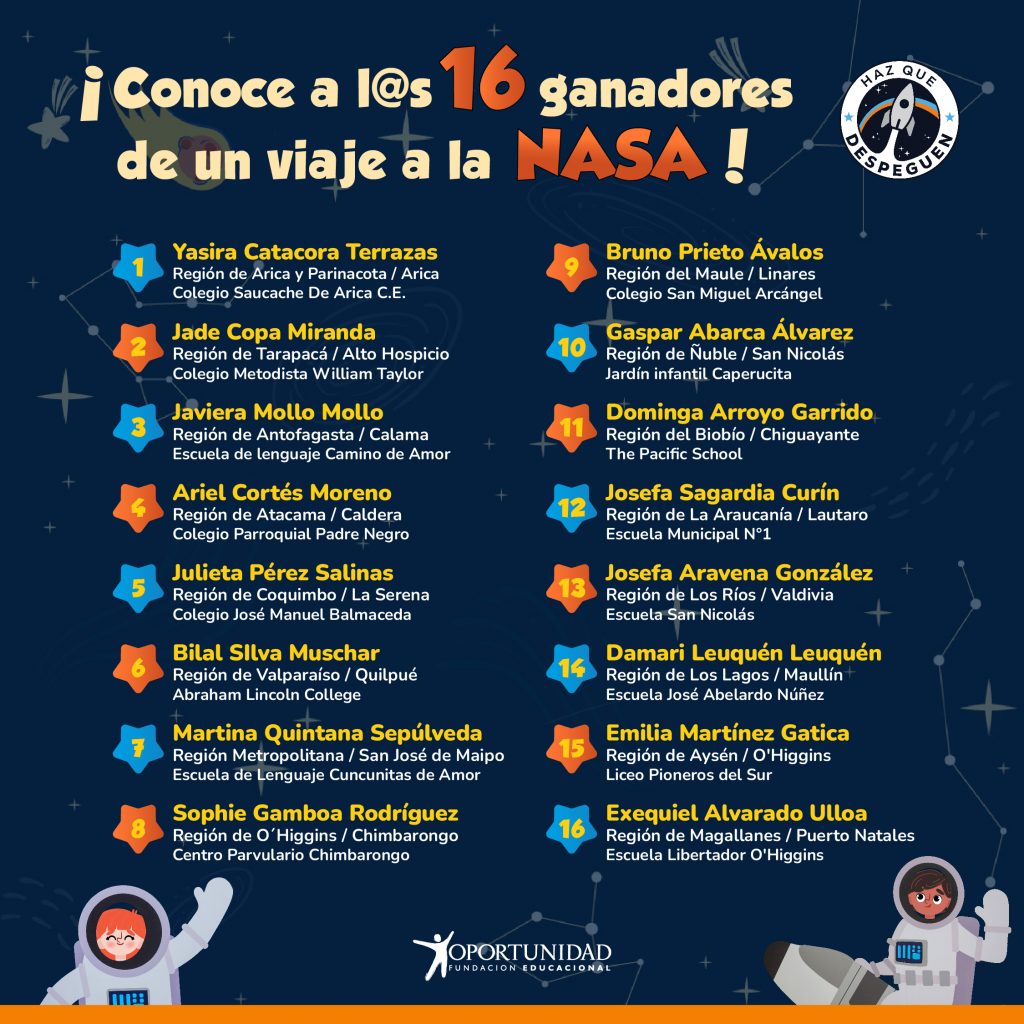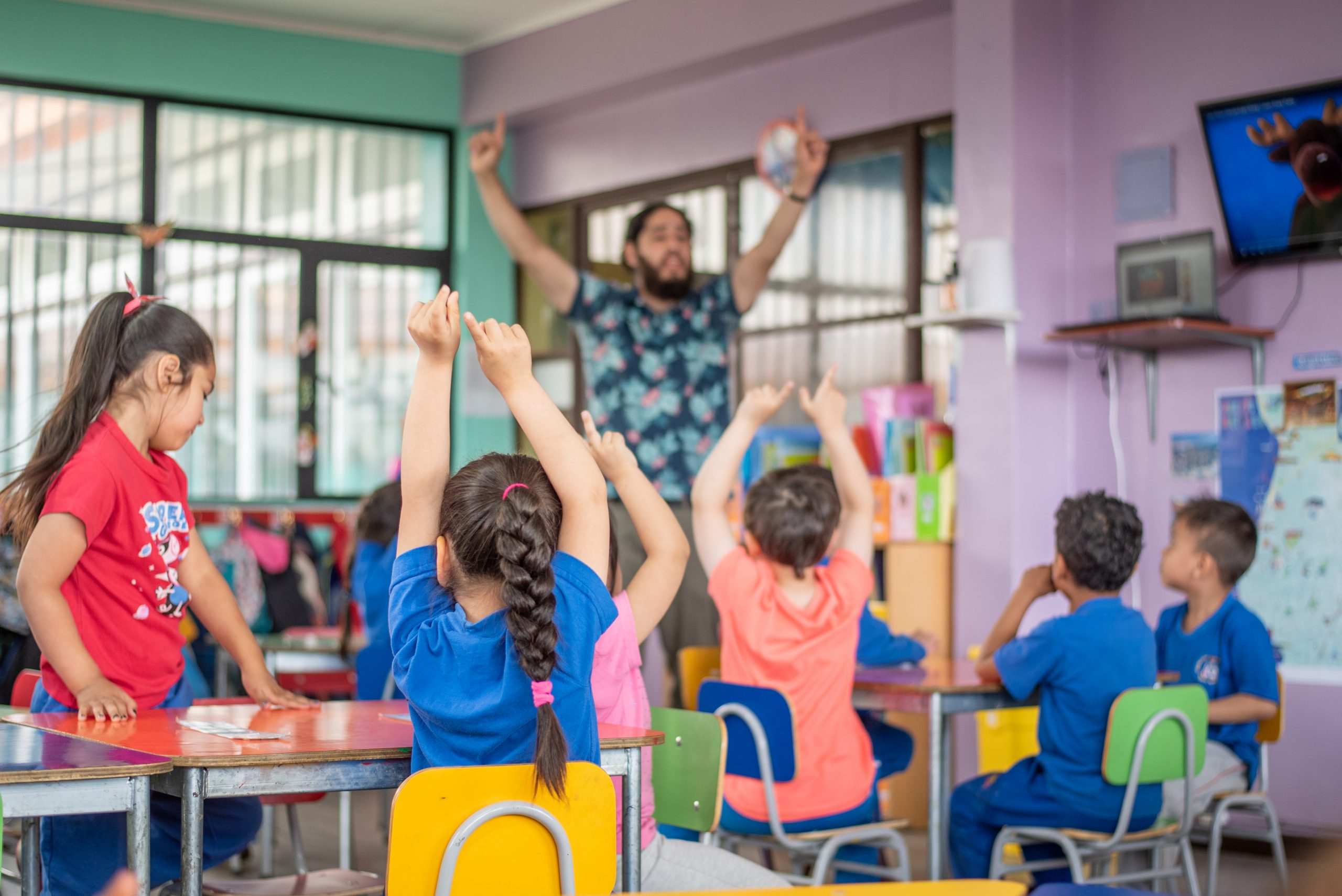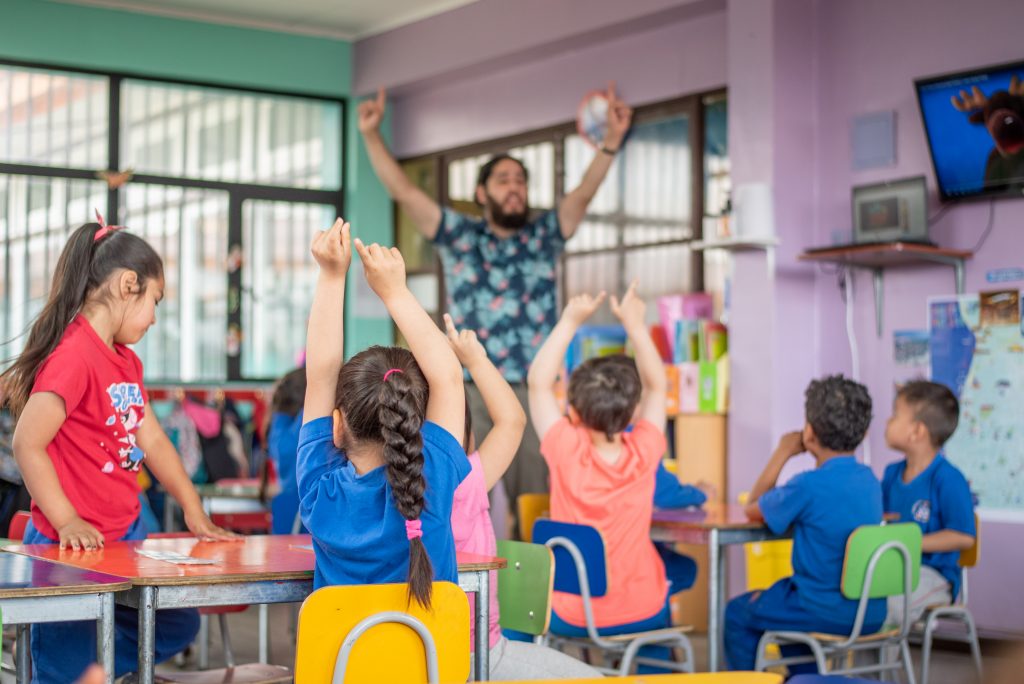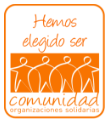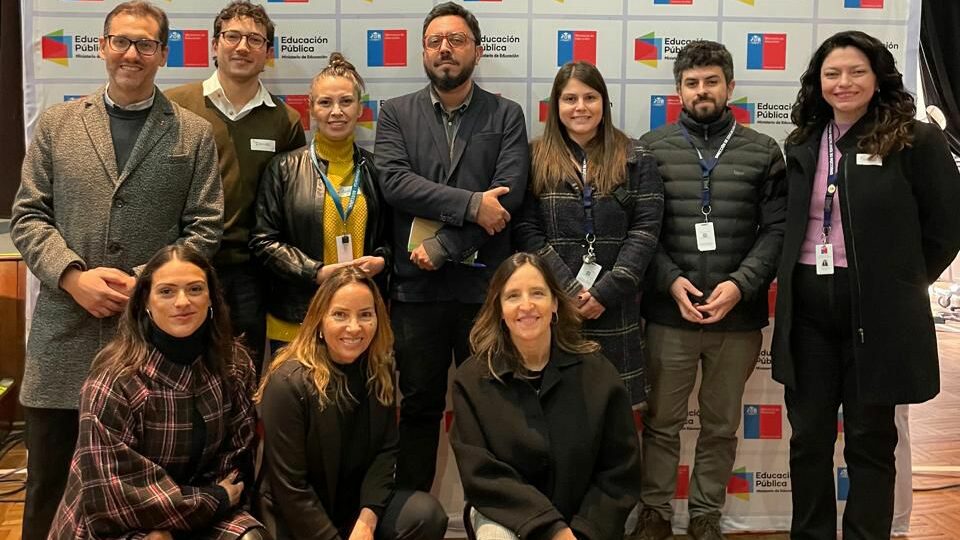
Directorate of Public Education and Foundations hold seminar focused on class attendance and re-engagement of students
With a focus on Educational Reactivation, a policy aimed at facing the impact of the pandemic and the suspension of face-to-face classes for two years, Public Education held its first seminar of the year entitled "Sharing good experiences of Assistance and Re-engagement of SLEPs in the context of the Educational Reactivation Plan".

The initiative, carried out by the Directorate of Public Education (DEP) in collaboration with the CIAE of the University of Chile, the Natura Institute, the Arauco Educational Foundation and the Opportunity Educational Foundation, instances that make up the Pro-Nep Alliance, was presented by the Local Services Andalién Sur, Barrancas, Colchagua and Llanquihue, who made known their practices of educational re-engagement with the students of their territories.
The meeting also included a discussion that allowed participants to present their experiences on the use and analysis of data, from its link with axis three of the Educational Reactivation Plan, among other presentations.
The 2024 Reactivation Plan has 10 outstanding projects that aim to ensure the development of the comprehensive education of students. In this regard, Joaquín Walker, executive secretary of the Educational Reactivation Plan, valued being able to collect these experiences. "One of the most pressing challenges not only in Chile, but globally, is the strengthening of educational trajectories. Take care of the attendance and permanence of students. In the entire post-pandemic world, this reality has been affected. For this reason, from the Ministry of Education we are promoting a series of initiatives to support educational trajectories, which have been well expressed in the Local Services. In this seminar we have been able to learn from these good practices and collect experiences to strengthen the work and safeguarding of educational trajectories together with the strengthening of public education."
For his part, Alexis Moreira Arenas, head of the Educational Development Division of the Directorate of Public Education commented that "this experience is relevant to show the learning that Local Services have acquired in the processes of assistance and re-engagement. For the Educational Development Division, these meetings enhance collaboration at all levels, which is a principle that is systematically worked on with the UATP in the different territories of the Local Services".
For his part, Mauricio Pino, associate researcher at the CIAE of the University of Chile, highlighted the importance of working together with public education. "For us, it is key to be connected with Local Services and the DEP in order to support the processes of re-engagement and assistance since it is one of the fundamental issues of the country. Universities must be at the service of public education."
This instance of work that strengthens the re-engagement of Local Services has been encouraged by the Pro-Nep Alliance. One of its members is the Natura Institute, represented by Marcela Ramos Souto, who commented that "For us it is very important to be part of this alliance with the CIAE and the Arauco and Educational Opportunity Foundations, and to support the work that is being done in the Local Services in axis three of the Educational Re-engagement policy. This is an intersectoral alliance where we, as civil society foundations, join resources and efforts together with the DEP and the SLEPs in order to accelerate, advance and share experiences of this great challenge that is educational re-engagement."
In addition to the Seminar, the Local Services re-engagement teams participated in the development of a workshop on data culture to strengthen attendance and re-engagement, as part of the aforementioned strategy.
The activity was broadcast on the YouTube channel of the Directorate of Public Education, which you can see in detail by entering www.youtube.com/@DirecciondeEducacionPublica.

